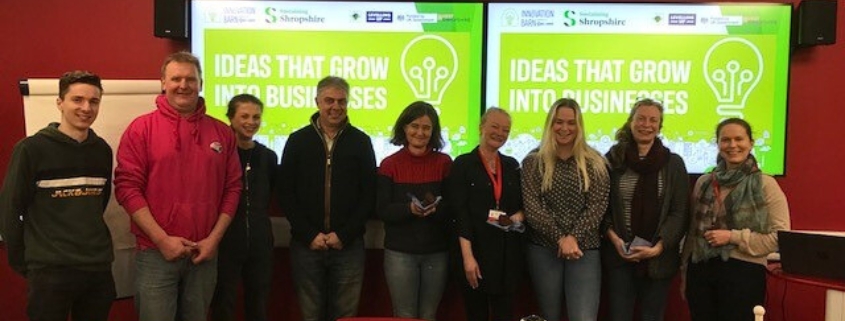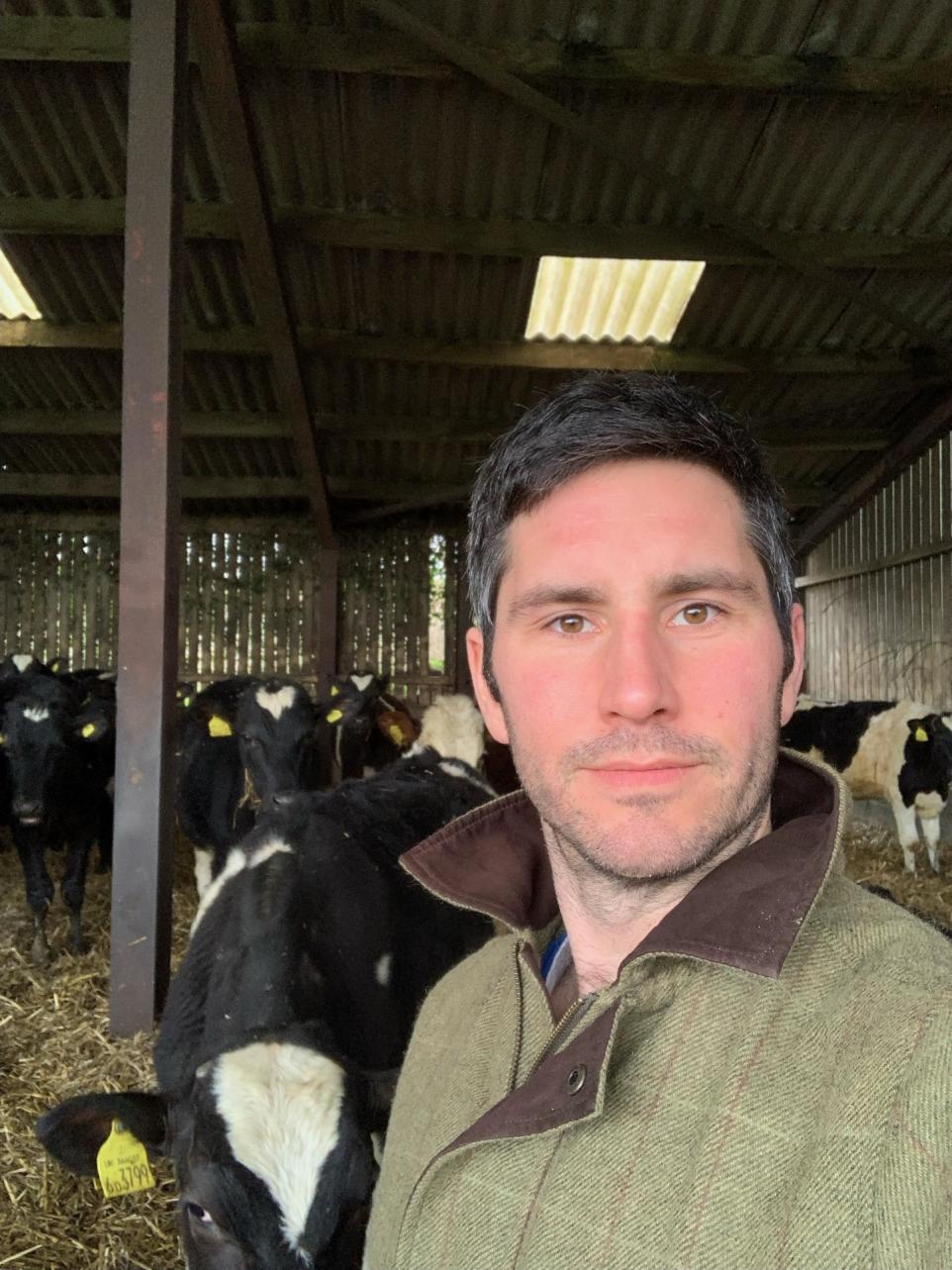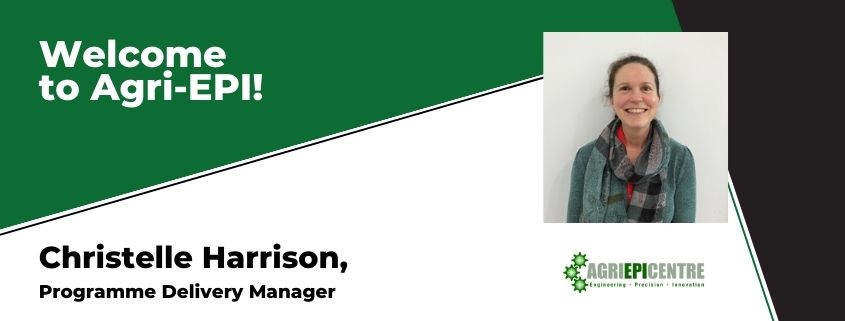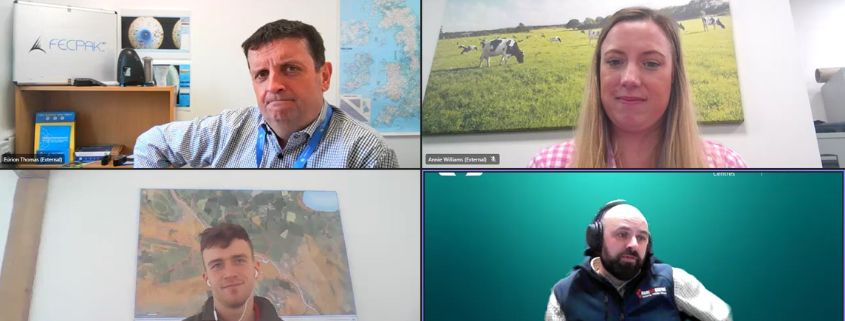Agri-EPI Centre’s latest innovation hub at Loch Fyne on Scotland’s Argyll coast will help to drive sustainable solutions and improve efficiency for the UK aquaculture industry.
In partnership with independent aquaculture company, Otter Ferry Seafish (OFS) – and jointly funded by Innovate UK and Agri-EPI Centre – the Marine Aquaculture and Innovation Centre (MAIC) offers fully serviced research and development facilities to aquaculture producers and technology providers.
For further information on the MAIC facility or to enquire about research collaboration please contact Charlie Bowyer.
charlie.bowyer@agri-epicentre.com
“We’ve been involved in aquaculture innovation and new species development since 1968,” says Alastair Barge, Managing Director at OFS.
“For this initiative, we did market research to see what the sector needed to deliver sustainable solutions – R&D requires facilities, and most businesses can’t afford to run their own research stations 24 hours a day, 365 days a year.”
The MAIC comprises a series of replicated small and large land-based tanks, located indoors under programmable lighting.
“The tanks have water capacities of two cubic metres and 20m3, respectively. In the 12 smaller tanks we can test four different regimes or diets, in triplicate, as commonly required for scientific evaluation,” Mr Barge explains. “In the six larger tanks, we can rear salmon and other farmed species to near-harvest weight.”
The tanks have a water flow-through system, incorporating pre-treatment using sand filtration and UV sterilisation. They are fitted with particle separators to measure uneaten food and fish waste.
Eduardo Jimenez, OFS’s Research and Development Manager, says:
“Land-based tanks offer greater environmental control than cages or other sea-based growing systems, improving the reliability of trials data. Interference from environmental factors is minimised because we can control and replicate conditions like lighting, water exchange rate, and oxygen levels.”
And the first trials are already under way.
“At the moment we are running a benchmarking feed trial for a commercial client comparing three diets, to assess which is best in terms of fish growth and feed conversion efficiency.”
As well as helping to improve diets and treatments for farmed fish and shellfish, the MAIC is well suited for evaluating different strains of commercial farmed species and for developing rearing methods for up-and-coming species like seaweeds. It also provides a platform for validating new aquaculture technologies for counting and observing livestock and monitoring water quality.
“This is a great new resource supporting UK aquaculture innovation and we’re going to keep improving the facilities, bringing in new species and trials,” says Dr Jimenez.
Improving aquaculture sustainability is at the core of the partnership and the MAIC.
“I think this centre can be a model for innovation, all with a background of sustainability,” adds Mr Barge.
Lisa Williams, Director of Business Development at Agri-EPI, is excited about the range of R&D projects which the centre can help with.
“It’s one of a kind in the UK. The centre will facilitate a range of trial work that will enable us to really look at efficiencies within the sector. It also opens the opportunity to carry out near-market trials, as well as linking into the long-term sustainability of the sector and wider ecosystem within that supply chain.”
“The partnership is a perfect combination to drive forward change and is a valuable resource to aquaculture businesses that want to initiate and progress R&D projects. If any business is interested in undertaking a project, then we encourage them to get in touch.”




